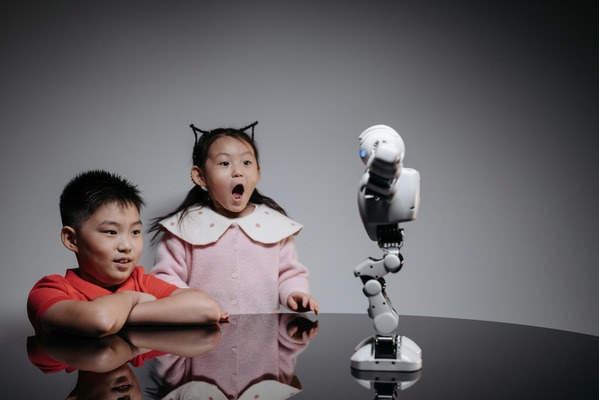In a rapidly evolving digital age, artificial intelligence (AI) is emerging as a powerful force in reshaping the world of education. From personalized learning to automated grading, AI is revolutionizing how students learn and how teachers teach.
Across schools and universities worldwide, AI-powered tools are being integrated into classrooms to enhance both teaching efficiency and student outcomes. Intelligent tutoring systems now offer customized lesson plans based on a student’s pace and comprehension level. These systems can identify learning gaps early and provide targeted interventions, helping students stay on track.
“AI allows teachers to focus more on mentorship and less on administrative tasks,” said Dr. Maria Lenson, an educational technology expert. “By automating grading or data analysis, teachers gain more time to engage with students one-on-one.”
One of the most notable developments is the use of AI-driven chatbots and virtual assistants. These tools answer students’ questions 24/7, provide writing feedback, or help with homework, making education more accessible and flexible.
However, the adoption of AI in education is not without challenges. Concerns about data privacy, algorithmic bias, and over-reliance on technology remain critical issues. Experts emphasize the need for ethical AI use and teacher involvement in AI design and deployment.
Despite these concerns, the benefits are hard to ignore. A recent global study found that schools implementing AI tools saw a 20% improvement in student engagement and a 15% boost in academic performance over a year.
As AI continues to advance, educators, parents, and policymakers must work together to ensure its responsible and effective use. The goal is not to replace teachers but to empower them—and to create a more inclusive, personalized, and innovative learning environment for all.
– End –







